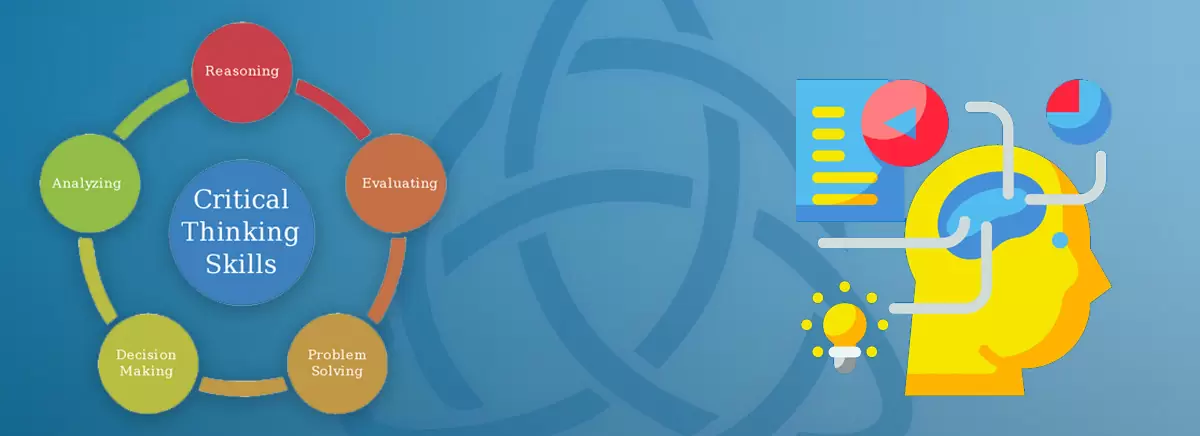6 Key Skills to Grow as an Accountant & Bookkeeper
The first impression to a potential employer is usually your CV.
Meeting the criteria in terms of experience is one thing, but your skill-set is what usually seals the deal. The skill section of your CV is a great place to show how good you are as an accountant and bookkeeper.
Even for seasoned accountants, there is room for you to grow and become better. In accounting, it’s crucial to stand out and adapt to the changes in working conditions and what is required from your role.
Especially in accounting and bookkeeping industries, where you can be both a number person and a people person. Let your ability and personality shine in the correct areas with these 6 skills.

1. Time Management ⏰
Often within accounting, the work which you conduct is time-sensitive. If you have a deadline of 4pm tomorrow, would you aim to have the work completed for 4pm on the dot❌ or 12pm to allow time to review your work?✅
This is the difference between an organised accountant and one who is not. By staying on top of your workload and being organised, you reduce the risk to the client and allow yourself to complete work to a higher standard. Whilst juggling multiple projects, staying organised in your maintenance of records is very important. Taking the time out to organise your workload will allow you to better prioritise important work, and be more efficient. This will also send the correct message to your client or employer, that you a can be trusted to handle their financial responsibilities with respect.

2. Adaptability 🗃
Adaptability is important for accountants because the accounting field is constantly changing. Accountants and Bookkeepers must be able to adapt to new technologies, new regulations, and new business models. Throughout your career, you will meet new clients and have new points of contact. These contacts will all have different personalities which accountants and bookkeepers will have to adapt towards.
In addition to this, clients old and new will present challenges at any time which you will need to respond to. Being able to adapt to a change and solve complex problems is a skillset highly desired. Demonstrating control and confidence in a period of change, not only makes you more desirable; but will help you grow as an accountant and bookkeeper.

3. Data Analysis 📊
Data analysis in relation to accounting and bookkeeping is the skill of understanding data and applying this to everyday business operations. Top accountants that can interpret data are in high demand as they can offer a perspective about business operations no other can. The ability to interpret financial accounts and extract conclusions from raw data is a skill that many have and can build on with ease.
To read more on Data Analytics’ growing importance within accounting and bookkeeping, check out our article.

4. Communication 📧 📲 🗣
As an accountant and bookkeeper, communication is a key skill to excelling within your role. In your day-to-day, you will come into contact with colleagues, clients, managers and other members of your industry. This will be across various digital platforms as well as in person. So working on both your verbal and written skills is recommended.
Well-crafted emails that are concise and accurate, send confidence in your ability as an accountant. Proofreading and minimising mistakes, show that you take care in your work. On top of e-mails, you may be asked to compile written reports, present briefings to clients or managers & work in partnership with other departments. Showing you can break down your specialist work into simpler terms, integrates you further into a business.
A mix of verbal and written skills will be called upon across your daily life as an accountant and bookkeeper. Even though this skill may not help you as much with numbers, it will definitely help you progress and succeed within your role.

5. Critical Thinking 🤔
Thinking in an organised and rational manner is a key skill for accountants and bookkeepers. Across all industries this is highly desired. Identifying, analysing, and fixing flaws in what we see and think is a crucial skill to growth and success.
Within accounting and bookkeeping, there will be times when figures may look out of place, reports may go against the grain and your client will want answers. Having the ability to understand the environment your client exists in & applying this to the data is a skill that will help not only in reporting; but in communication.
Identifying areas where a business can improve, and finding solutions to financial irregularities; show your employer they can count on you when needed.

6. Forward Thinking 💭
Having knowledge of regulatory standards in relation to corporate and public finances is crucial to conducting the role of an accountant and bookkeeper proficiently. Most see this as common sense when wanting to be an accountant or bookkeeper, which it is.
However, keeping on top of updates lets you as an accountant recognise the trend of where accounting and bookkeeping are heading. Keeping Tax Digital, for example, requires accountants to import tax filings on behalf of clients via digital tax software. This is a new update to accounting which requires training in the use of digital software. The accountants who recognised the trend early, upskilled and grew into further desirable and trusted accountants for clients.
Conclusion
The skills we covered in this blog post are a mix of hard and soft skills.
Improving your skill set will help you grow as an individual and a professional. Growing as an accountant shows clients and employers that you are willing to invest in your own future, and can do the same for their company. There is strength in investing in your skillset, so continue reading our articles to see how you can grow with Training Link.
Are there any other areas that you would like us to cover?
Let us know by contacting us or letting us know on social media!












